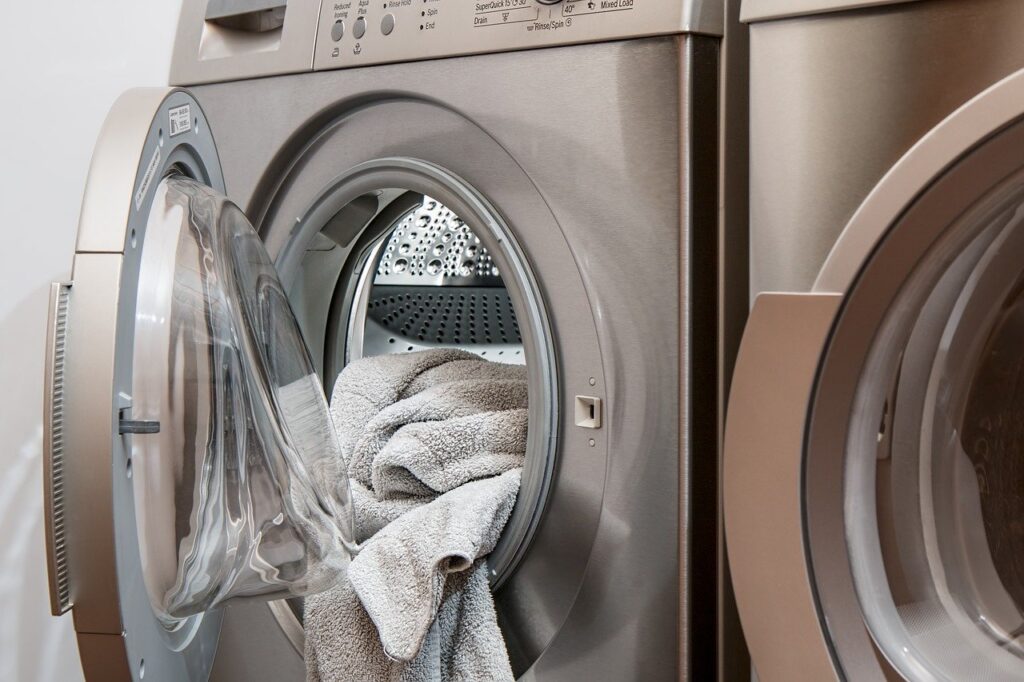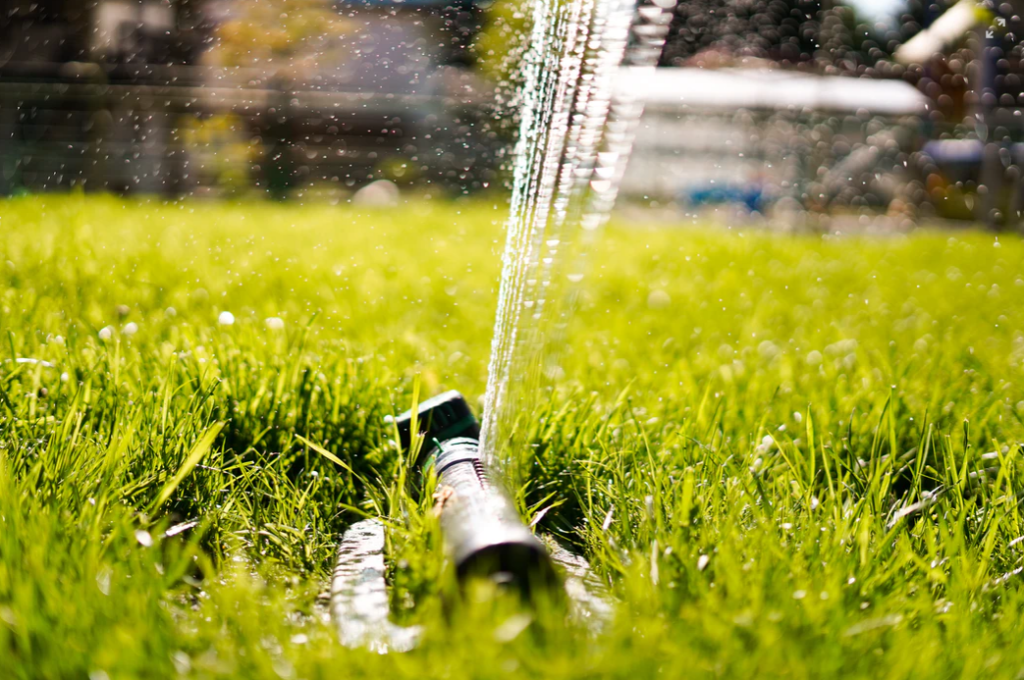Water conservation
Help preserve our natural environments, prevent against drought, lower your monthly bill.The benefits are endless, save water.
Be an H20 hero
At Foothills Utilities we hope to reduce the number of high water consumers such that the top residential users consume a lower percentage of the water.
Ways you can save water
Indoors

- For washers with variable settings for water volume, select the minimum amount required per load.
- If load size cannot be set, operate the washer with full loads only.
- Use the shortest wash cycle for lightly soiled loads; normal and permanent press wash cycles use more water.
- Check hoses regularly for leaks.
- When purchasing a dishwasher, consider a water-efficient model.
- Scrape, don’t rinse, your dishes before loading in the dishwasher.
- Wait until you have a full load before using your automatic dishwasher.
- Steam, rather than boil your vegetables whenever possible. Use a tight lid on the pot, and as little water as possible.
- Check faucets and pipes for leaks (including automatic ice makers and dishwasher hoses)..
- The toilet is the biggest water user in the house, older toilet models use up to 5 gallons of water with every flush. Don’t use the toilet as an ashtray or wastebasket.
- Check bathroom faucets and pipes for leaks. Replace leaky drain plugs in sinks and bathtubs.
- Turn off the sink when brushing your teeth.
- Keep tub baths to a minimum. Bathe in a partially-filled tub (minimal water level at 12 gallons).
- Install water-saving showerheads or flow restrictors. Inexpensive showerheads and flow restrictors are available at the hardware store and are easy to install.
- Take shorter showers. Limit your showers to the time it takes to wet yourself and rinse off.
- Avoid using hot water when cold water will do.
Outdoors

- To avoid loss of sprinkler water by strong winds, water on calm days.
- Avoid overwatering. If runoff occurs, stop watering immediately. Adjust automatic sprinklers and/or select proper nozzles to minimize runoff.
- Check sprinkler systems and timing devices regularly to make sure they are working right. Watch for broken or misdirected sprinklers, and repair or readjust them promptly.
- Drip irrigation is the most efficient method of watering shrubs, trees, and plant beds. It minimizes water evaporation, impedes weed growth, sends water directly to plants’ roots. Soaker hoses are an inexpensive alternative to drip irrigation.
- Place your sprinkler so that its water spray will overlap the area previously watered. Adjust the hose or sprinkler until it waters just the grass or shrubs, not paved areas.
- When landscaping, group plants together that use the same amount of water and sunlight.
- Don’t use a hose to clean your sidewalk, patio, or driveway. Use a broom or rake for cleaning, and save hundreds of gallons of water.
- Use a sponge instead of a running hose. Use a pail and sponge instead of a running hose to wash your car. Or, use a hose nozzle that shuts off water when you are not wetting or rinsing the car.
- Check all faucets, hoses and connectors periodically for leaks and to make sure they are in good working order. Make sure faucets are closed when not in use. If you do find a leaky faucet, change the washer — after turning off the shutoff valve.
- If you have a swimming pool, consider a new water-saving pool filter.
- Cover your spa or pool to reduce evaporation.
- Check your pool system’s shutoff valve. If the water level stays higher than normal and it overflows when people are using it, call your plumber.
- Avoid purchasing recreational water toys that require a constant stream of water.
- Avoid the installation of ornamental water features (such as fountains) unless the water is recycled.
- Take short showers when using public facilities at the park or beach, and turn off the taps securely when you are done.
- Turn off the faucet after using public washroom facilities.
- Report leaks in fire hydrants, plumbing, or other public facilities so they can be repaired.
